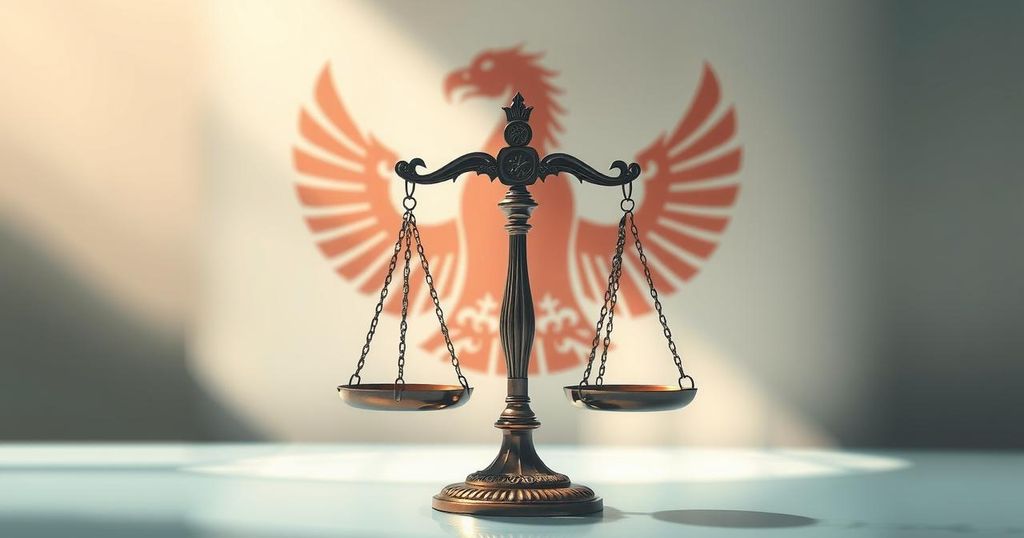Sri Lanka has rejected UN human rights resolutions and mechanisms, asserting that national ownership is essential for transformative change. The government is committed to addressing human rights issues through domestic processes while promoting economic growth and social equity for all citizens. Sri Lanka emphasizes the importance of multilateral efforts in achieving sustainable peace and cooperation.
Sri Lanka has reaffirmed its rejection of certain resolutions and mechanisms related to human rights, as articulated during the UN Human Rights Council’s (UNHRC) 58th session. The nation asserts that national ownership, rather than external interventions, is vital for achieving transformative change in human rights practices. Sri Lanka expressed concern over the inconsistent application of human rights principles, which, according to Ambassador Himalee Subashini Arunatilaka, undermines trust in the Council’s intentions.
During the session, Ambassador Arunatilaka emphasized that Sri Lanka has consistently opposed country-specific resolutions that lack the country’s consent. She reiterated the rejection of Resolutions 46/1, 51/1, and 57/1, calling the external evidence-gathering mechanisms established by these resolutions divisive and intrusive. Sri Lanka argues that no sovereign nation can accept external mechanisms that contradict its constitutional integrity and pre-judge its legal processes.
Moreover, there are growing concerns among various countries regarding the budgetary implications of these external mechanisms, particularly amid the United Nations’ current financial constraints. The Sri Lankan government remains firm on addressing its human rights challenges and reconciliation efforts through domestic processes, fostering constructive engagement with the Human Rights Council and with other human rights frameworks, as demonstrated in their recent participation with the CEDAW committee.
Sri Lanka has expressed its commitment to multilateral efforts aimed at enhancing peace, prosperity, and human rights. The government prioritizes economic growth that includes equitable opportunities for all citizens, ensuring that benefits are distributed fairly across society. Ambassador Arunatilaka emphasized the government’s focus on the rule of law, transparency, accountability, and sustained social well-being.
The government is dedicated to protecting democracy and the human rights of all citizens by addressing past injustices through credible domestic processes. It aims to carefully examine and potentially expand investigations related to racially and religiously motivated violence through a proposed truth and reconciliation commission. Furthermore, economic initiatives such as alleviating rural poverty and promoting a sustainable digital economy align with the government’s broader goals of achieving lasting peace and reconciliation with affected communities.
In summary, Sri Lanka reaffirms its stance against external human rights mechanisms while promoting national ownership in addressing human rights issues. The government emphasizes domestic processes for reconciliation and economic growth, committing to inclusive opportunities for all citizens. Sri Lanka expresses ongoing dedication to multilateral cooperation for the advancement of peace and human rights.
Original Source: www.adaderana.lk




